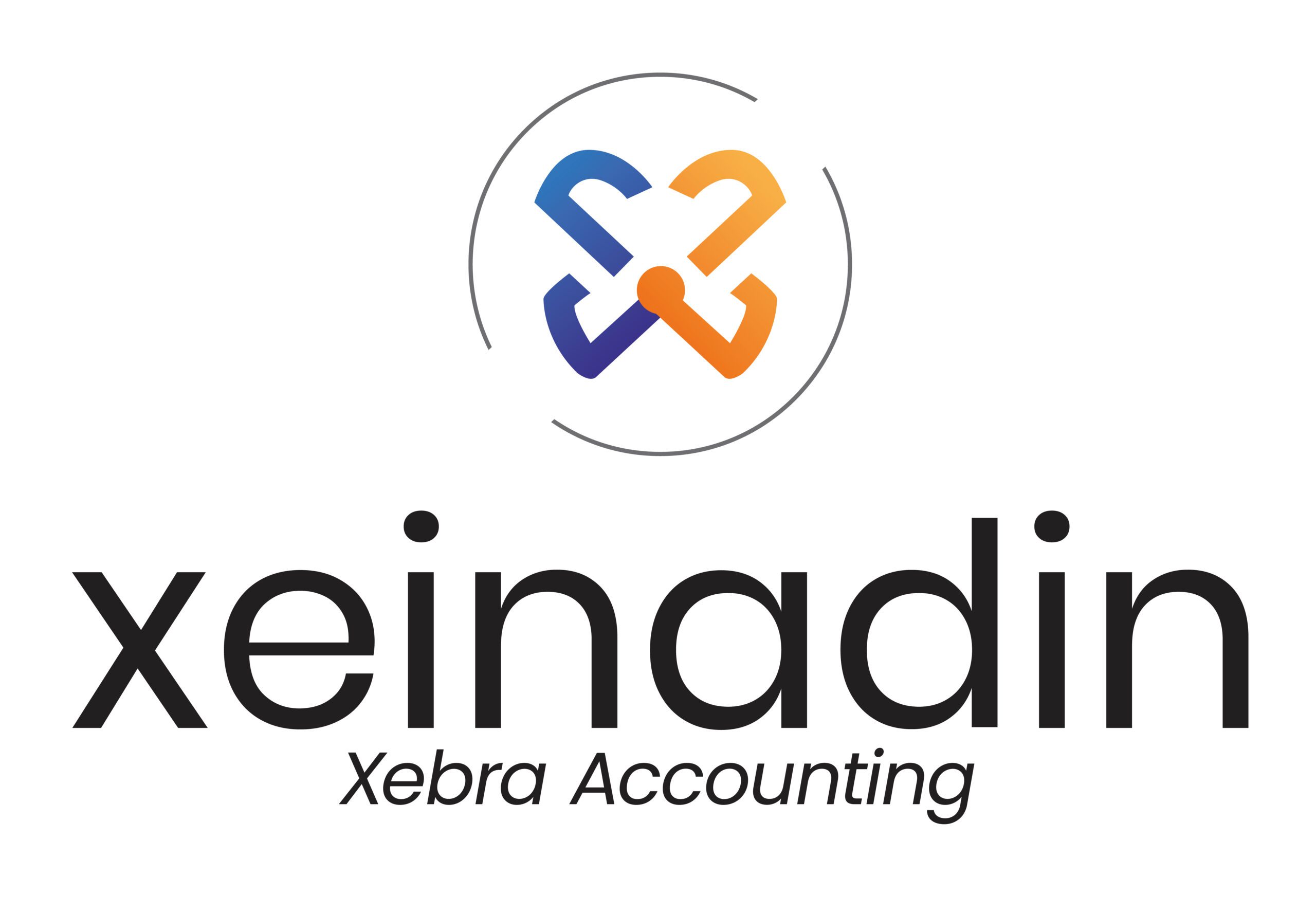While we digest the new roadmap out of lockdown, and the positivity that comes with it. It has been no surprise to us that small businesses have been particularly vulnerable in tough economic times. As witnessed over the past year. What we want to focus on here, is the need and reflection on how to keep your cashflow strong in tough times, as we still have some way to go.
When sales are slow, there are still overheads and salaries that need to be sorted. Pre-planning and being proactive can help you weather tighter economic periods and allow you to continue to thrive.
Make sure you have a clear picture of your payroll, and any other planned expenses that will need to be accounted for.
If there’s even a possibility that there could be a shortfall, it’s essential to meet this head-on. Whether this means talking to your supplier or creditors to figure out an arrangement, or compromising on other business outgoings, you must make a plan to ensure that the business, or your staff, won’t suffer.
Minimise the stress of cash-flow
Invoice early – Send any invoices that you can, and in advance if possible. Consider whether you have any regular clients or customers that you could offer a retainer or similar deal to if they book services or make a purchase from you in advance.
Chase payment – Use this opportunity to chase up any outstanding payments. Strong communication and relationships matter – talk to clients or customers and chase invoices.
Talk to suppliers – A little honesty can go a long way. Perhaps they can extend a line of credit for your payments to them. In most cases, a good supplier would rather offer a little flexibility to keep an ongoing business relationship.
Review Inventory – Can you find a cheaper supplier locally to avoid the shipping costs or discuss alternative products that allow you to reduce expenses?
Review your costs – It’s also a good idea to do a general review of expenses. Business costs can creep up, and it’s a great idea to make a time to check on your expenses regularly, no matter what your financial situation. Review all of your regular payments and subscriptions as well as upcoming costs.
Talk to the bank or tax department – If cashflow is tight, make sure you have conversations early so you have everything in place to see you through.
We can help you implement strategies to protect your business for the long term and help you alleviate cashflow worries.
We offer a 1-2-1 session with one of our experienced accountants to help prepare a detailed cashflow forecast.
Why should your small business have a cashflow-forecast? – Read our blog
